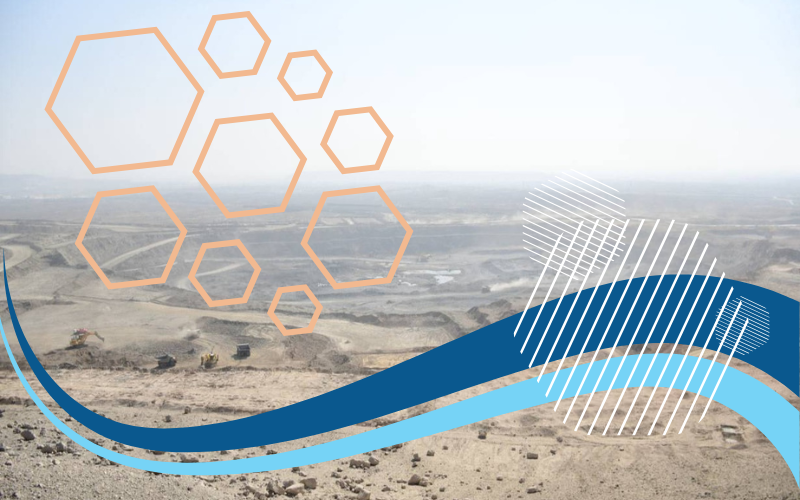A series of major announcements followed the recent US–Central Asia Summit in Washington, where American companies outlined plans to step up exploration and extraction of strategic minerals in Kazakhstan, Uzbekistan, and neighboring states. The push aligns with President Donald Trump’s call to secure critical materials for the United States amid efforts to reduce dependence on China, which currently dominates global supply chains.
One of the largest initiatives involves a $1.1 billion joint venture between Kazakhstan’s Kazgeologia and US-based Cove Capital to develop the North Katpar and Verkhnee Kairakty tungsten deposits—assets holding roughly 1.3 million tonnes of tungsten oxide. This comes after reports that China attempted to outbid the US for the same project, highlighting growing strategic competition between the two powers. While American companies seek access to tungsten for defense applications, Chinese firms such as Jiaxin International Resources continue expanding their own footprint in Kazakhstan, including at the Boguty deposit.
Uzbekistan also announced agreements with two US companies—Denali Exploration Group and ReElement Technologies—focused on rare earth elements. Earlier this year, Tashkent signed a separate memorandum with China National Gold Group, underscoring the region’s role as a battleground for critical mineral partnerships.
Experts say the surge in US interest poses minimal risk to Russia, whose investment focus in Central Asia remains tied to oil, gas, and uranium via Rosatom and Kazatomprom. Analysts argue that Central Asian states are leveraging geopolitical competition to secure better investment conditions, diversify partners, and strengthen their bargaining power with Russia and China.
At the same time, they caution that the new agreements carry risks for the region, particularly if they mirror the disadvantageous production-sharing contracts of the 1990s. Some deals involve large purchases of US-made goods, such as aircraft, rather than localised production, which could create long-term financial obligations.
Still, specialists note that Donald Trump’s approach remains pragmatic: securing critical minerals for US industries while opening new export markets. For Central Asia, the challenge will be to balance relationships across the US, China, Russia, and the EU, extracting maximum benefit while avoiding overdependence on any single power.

